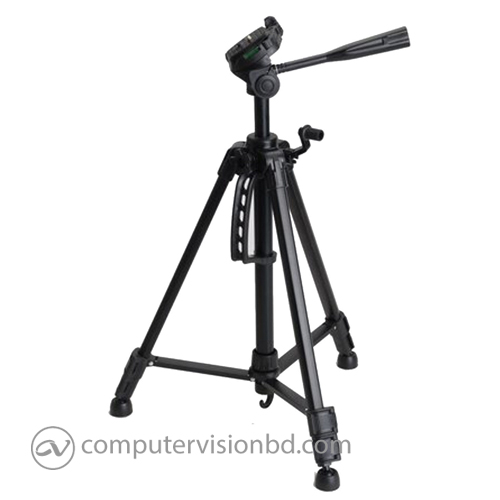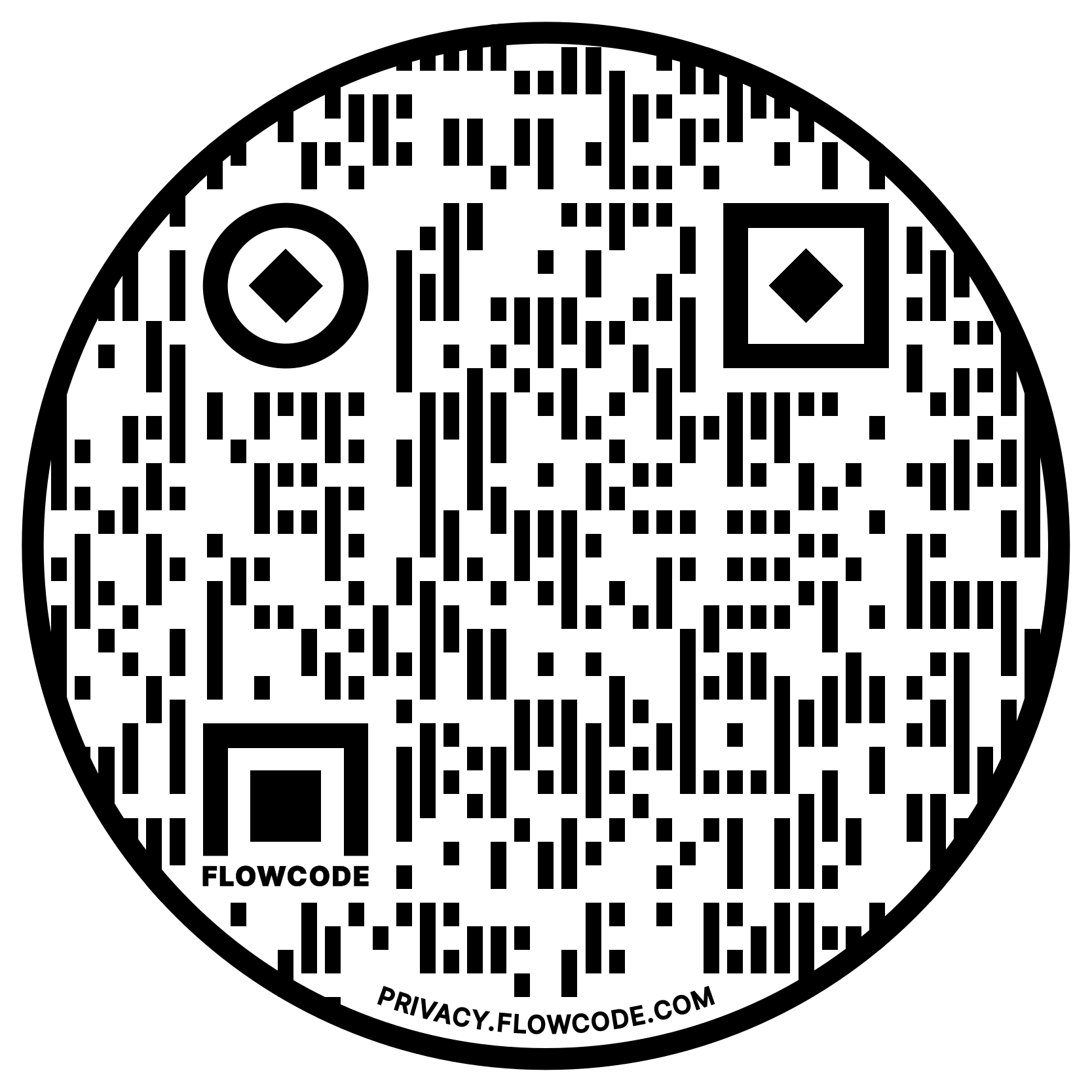

"In the light of this established, safe and professionally supported practice, we would not imagine that a technologised capsule for a self-determined end of life will meet much acceptance and/or interest in Switzerland".

"This practice is approved, and supported by the vast majority of the public and politics," the organisation said. When Australia's Northern Territory briefly legalised assisted dying from 1996 to 1997, the law still required a doctor to consent to the procedure. "The main issue is one of control," Nitschke said. In 1996, he became the first medical doctor to legally administer a voluntary lethal injection, using a self-designed machine that allowed the man, a prostate cancer patient named Bob Dent, to press a button on a laptop by his bedside to deliver the drugs. Nitschke has a long history of advocating for the right to die, even running for political office in his native Australia on a platform of euthanasia reform. While in theory anyone could print the Sarco, Exit International will not provide the blueprints to anyone aged under 50 years old, and even once printed access to the capsule will remain restricted, according to information on the organisation's website.

Philip Nitschke - nicknamed 'Dr Death' - has advocated for assisted dying since the early 1990s JASPER JUINEN/AFP


 0 kommentar(er)
0 kommentar(er)
